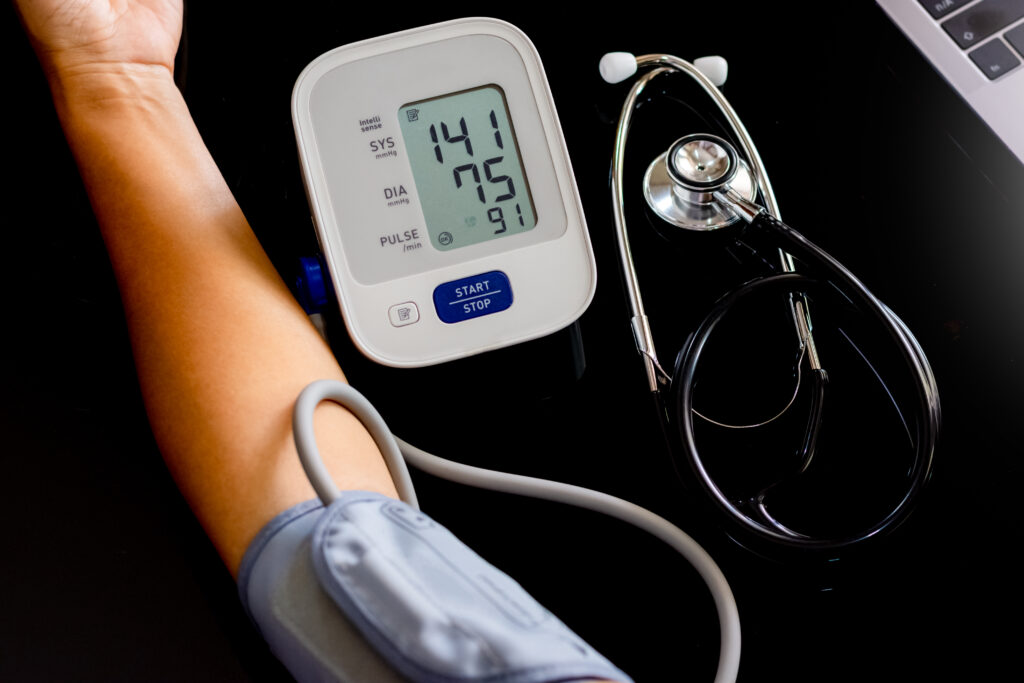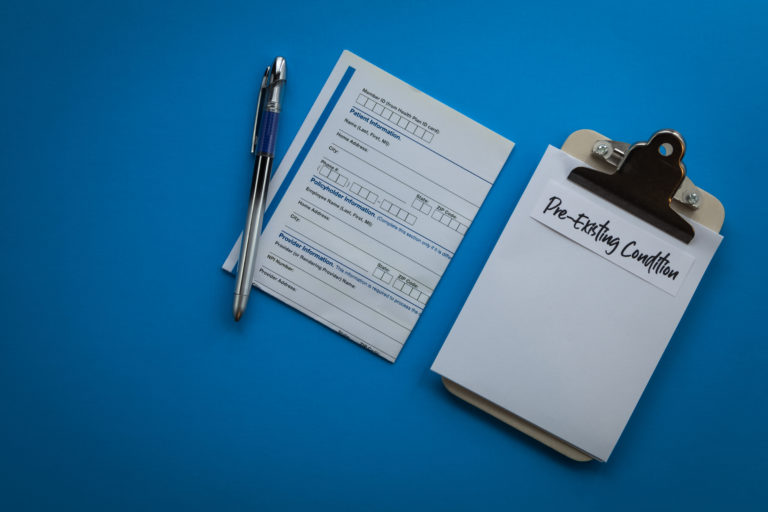
Children can also have high blood pressure
Diet and family history can cause it. Early identification improves their quality of life.
All you need to know about this disease: causes, symptoms, diagnosis, and treatment.

Hypertension also named high blood pressure (HBP), happens when your blood pressure (the force of your blood pushing against your blood vessels, responsible for moving blood through your body) is consistently too high.
This is dangerous because it makes the heart work harder to pump blood out to the body.
This may lead to cardiovascular damage (related to the heart and blood vessels), which is very common; however, if left uncontrolled, it can lead to significant complications such as:
Hypertension increases the risk for heart disease and stroke, two leading causes of death for Americans. An estimated 1.13 billion people worldwide have it, and fewer than 1 in 5 people with hypertension have the problem under control.
What Causes High Blood Pressure (HBP)?
The exact causes of HBP are unknown, but several things may play a role, including:
Symptoms
Nearly one-third of people who have HBP don’t know it; that’s because it develops slowly over the years and doesn’t show any symptoms unless it’s very severe. The best way to know if your blood pressure is high is through regular checkups. You can also monitor blood pressure at home. This is most important if you have a close relative who has high blood pressure.
If your blood pressure is extremely high, there may be certain symptoms to look out for, such as:
Diagnosis and reading
HBP is diagnosed by measuring blood pressure with a blood pressure cuff around the arm. This can be done at your local pharmacy or doctor’s office.
A blood pressure reading is written like this: 120/80. It’s read as “120 over 80.” The top number is called the systolic, and the bottom number is called the diastolic.
A normal blood pressure level would be one that is below 120/80, while one that has between 120 and 129 over under 80 (128/78, for example) would be qualified as elevated blood pressure, which means that although it isn’t HBP, you should talk to your doctor about how to lower it.
A blood pressure that is higher than 129/ -higher than 79 would qualify as Hypertension/-High Blood Pressure.
If your reading is higher than 180/ -higher than 120, it means you have a Hypertensive Crisis and that you should seek immediate assistance.
Reducing Hypertension
There are the things within your control that can lower your blood pressure:
If you keep your diet and lifestyle healthy and maintain a healthy weight, you may not end up needing medications depending on your blood pressure readings.
It’s important to remember that high blood pressure doesn’t usually have symptoms. So, everyone should get it checked regularly. Doctors may recommend monitoring your blood pressure numbers at home in addition to your regular healthcare visits.
You can also find more trusted local services in your community at www.boyleheighstresources.org or download the Boyle Heights Resources app.
Sources
World Health Organization https://www.who.int/news-room/fact-sheets/detail/hypertension
American Heart Association https://www.heart.org/en/health-topics/high-blood-pressure/the-facts-about-high-blood-pressure/what-is-high-blood-pressure
MedicalNewsToday https://www.medicalnewstoday.com/articles/150109
Mayo Clinic https://www.mayoclinic.org/diseases-conditions/high-blood-pressure/symptoms-causes/syc-20373410
Million Hearts https://millionhearts.hhs.gov/data-reports/hypertension-prevalence.html

Diet and family history can cause it. Early identification improves their quality of life.

There are certain illnesses that could make you or your beloved ones more vulnerable to COVID-19. Learn more about it and how to protect yourself.